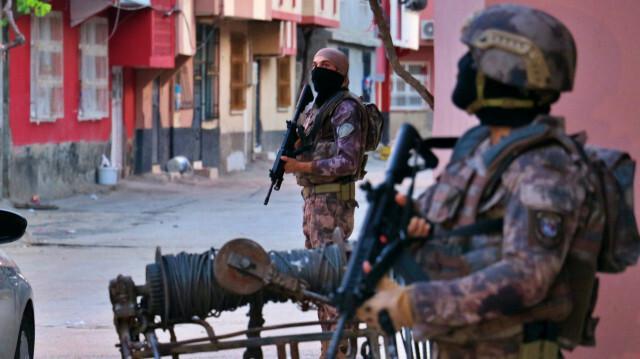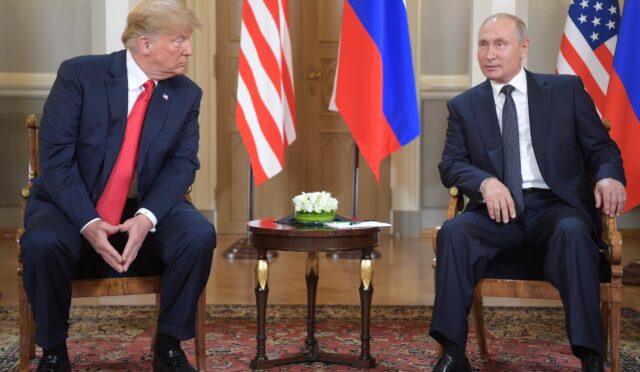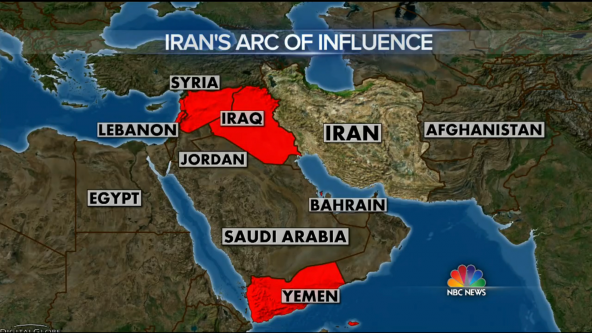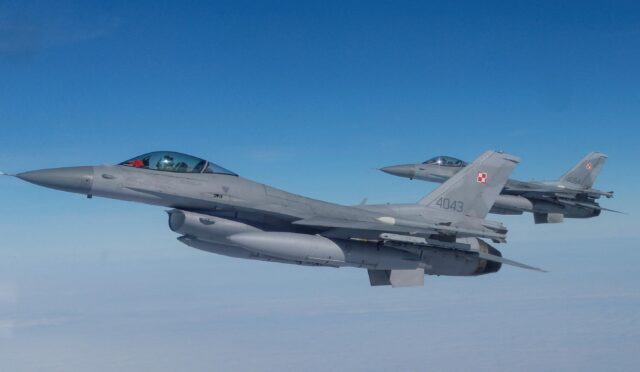PKK Announces Dissolution: A Historic Shift
The Kurdistan Workers’ Party (PKK) declared its dissolution on Monday, signaling a significant turning point in its longstanding conflict with the Turkish government. After more than 40 years of armed struggle that claimed over 40,000 lives, the organization has committed to ending its militant activities against the Turkish state. Established in the late 1970s by Abdullah Ocalan, the PKK initiated its armed campaign in 1984, which has since shaped the socio-political landscape of Turkey.
In a recent statement published by the pro-Kurdish ANF news agency, the PKK confirmed that during its 12th Congress, the decision was made to disband its organizational framework and abandon its armed methods. This decision has been met with approval from President Recep Tayyip Erdogan’s ruling AKP party, who viewed it as a crucial development, albeit with a warning that the entire disbanding process will be closely monitored by government authorities.
Ocalan’s Call for Peace
This landmark announcement followed a letter from Ocalan, who has been serving a life sentence on Imrali island since 1999. In his communication on February 27, he urged PKK fighters to disarm and disband. His request prompted the organization to hold a congress to formalize the dissolution, which was successfully completed the previous week in the mountainous region of Kandil in Iraq, leading to the announcement of a ceasefire.
Duran Kalkan, a senior member of the PKK, emphasized the significance of this moment, stating, “This is not the end; it is a new beginning.” His remarks, delivered at the congress, were reported by the pro-Kurdish Mezopotamya news agency, highlighting the hopefulness surrounding this pivotal shift.
Government Reactions and Implications
AKP spokesperson Omer Celik remarked that effective implementation of the PKK’s decision to dissolve could herald the start of a new era for Turkey. He asserted that the process of disbandment and laying down arms marks a critical advancement toward achieving a terror-free nation. Celik stressed that the government would maintain vigilant oversight to ensure the entire process is carried out properly.
This landmark decision is the culmination of seven months of renewed dialogue initiated by Ankara in October as an unexpected outreach to Ocalan. Observers note that if the PKK successfully disbands and completes the procedure without complications, it would represent a substantial political victory for Erdogan, linking this initiative to the shifting dynamics of Turkey’s domestic politics.
Political Underpinnings of the PKK’s Move
Gonul Tol, an expert from the Middle East Institute, indicated that the unfolding rapprochement with the Kurdish population is intricately connected to Erdogan’s domestic agenda, notably following recent electoral challenges faced by the AKP. Analysts suggest that cementing a deal with the Kurds could empower Erdogan to push for constitutional amendments that extend his political tenure while simultaneously exacerbating divisions within Turkey’s opposition parties.
Tol remarked, “The primary motive behind this Ocalan initiative has always been about consolidating Erdogan’s power. If successful, he will enter the 2028 elections in a strengthened position against a fragmented opposition.” Thus, the dissolution of the PKK may be perceived not only as a step toward peace but also as a strategic maneuver within the broader political landscape of Turkey.
Erdogan’s Vision for a Terror-Free Turkey
In a recent address, President Erdogan hinted at the imminent announcement of the PKK’s dissolution, reiterating the government’s commitment to achieving a terror-free Turkey. He stated that the administration is progressing with unwavering determination toward this goal, signaling that the dissolution could fundamentally reshape the country’s security environment.
Designated as a terrorist organization by Turkey, the United States, and the European Union, the PKK has long engaged in a violent insurgency against the state, originally seeking to establish a Kurdish homeland within Turkey, where Kurds comprise roughly 20% of the total population of 85 million. As the announcement unfolds, the implications for both the Turks and Kurds will be closely watched.







